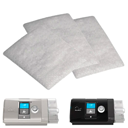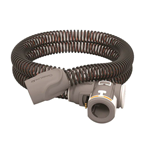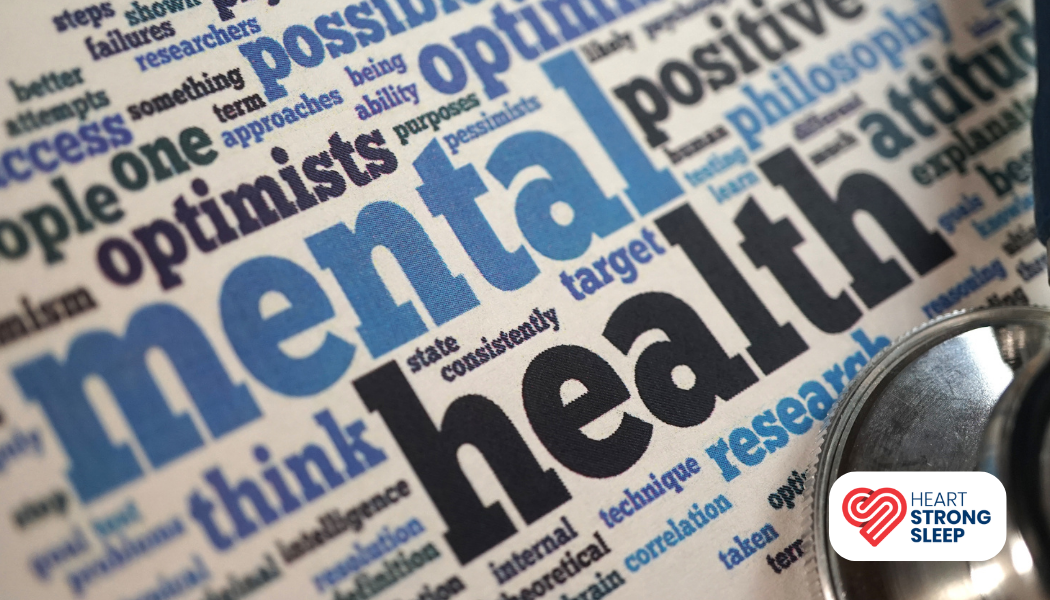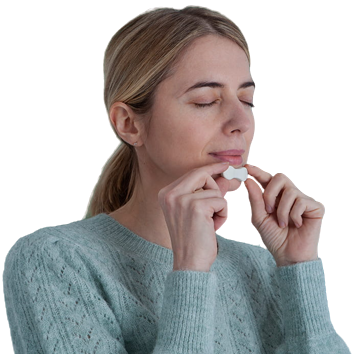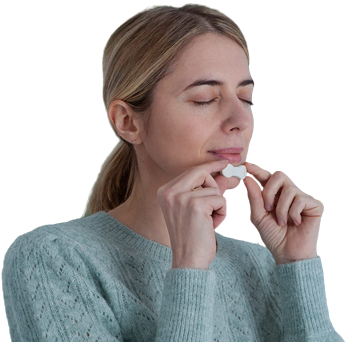Sleep is essential for our physical and mental health. It allows our bodies to repair and restore themselves, and it helps us to function at our best. When we don't get enough sleep, we can experience a range of negative consequences, including:
- Impaired cognitive function: Sleep deprivation can make it difficult to concentrate, think clearly, and make decisions.
- Mood problems: Lack of sleep can lead to increased anxiety, irritability, and depression.
- Physical health problems: Sleep deprivation can increase the risk of obesity, heart disease, diabetes, and other chronic health conditions.
- Reduced productivity: When we're tired, we're not as productive at work or school. We're more likely to make mistakes, and we may have difficulty completing tasks.
- Increased risk of accidents: Sleep-deprived drivers are four times more likely to be involved in a car accident than well-rested drivers.
Restorative sleep is the type of sleep that allows our bodies and minds to fully recharge. It occurs when we get enough sleep of good quality. During restorative sleep, our bodies are able to repair damaged cells, release hormones that boost our immune system, and consolidate memories. Our brains are also able to process information and emotions, and to make new connections.
There are a number of things we can do to improve our sleep quality and get more restorative sleep. These include:
- Establishing a regular sleep schedule: Go to bed and wake up at the same time each day, even on weekends. This will help to regulate your body's natural sleep-wake cycle.
- Creating a relaxing bedtime routine: Avoid watching TV or using electronic devices in the hour before bed. These activities can stimulate your mind and make it harder to fall asleep. Instead, try reading, taking a warm bath, or listening to calming music.
- Making your bedroom a sleep-friendly environment: Make sure your bedroom is dark, quiet, and cool. You may also want to invest in a comfortable mattress and pillows.
- Avoid caffeine and alcohol before bed: Caffeine and alcohol can interfere with sleep. Caffeine can make it difficult to fall asleep, and alcohol can disrupt sleep later in the night.
- Get regular exercise: Exercise can help to improve sleep quality, but it's important to avoid exercising too close to bedtime.
- See a doctor if you have sleep problems: If you're having trouble sleeping, talk to your doctor. There may be an underlying medical condition that's interfering with your sleep.
Restorative sleep is essential for our physical and mental health. By following the tips above, we can improve our sleep quality and get the restorative sleep we need to function at our best.
Sleep Apnea. Home Sleep Testing. CPAP Therapy. CPAP Resupply. Sleep Coaching. Board Certified Sleep Physicians.


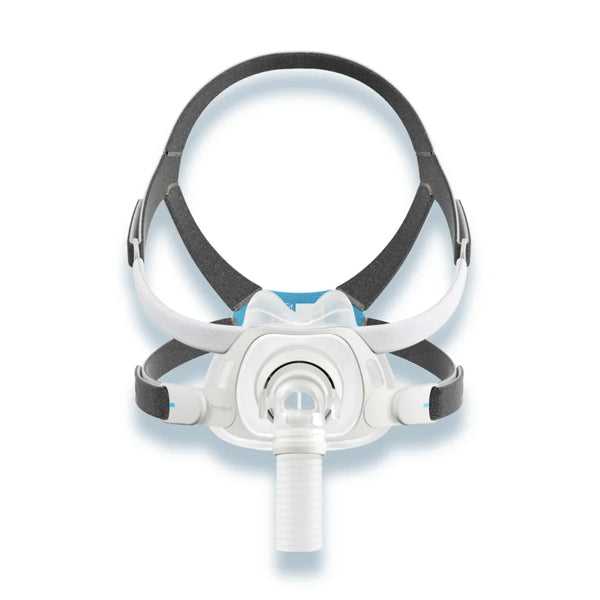
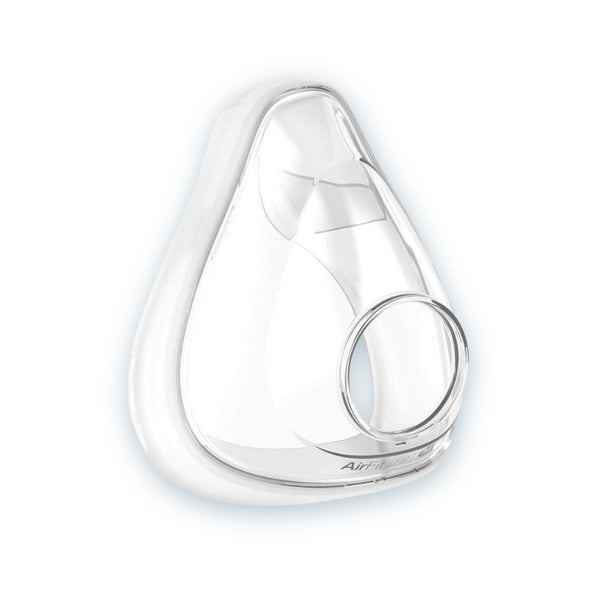



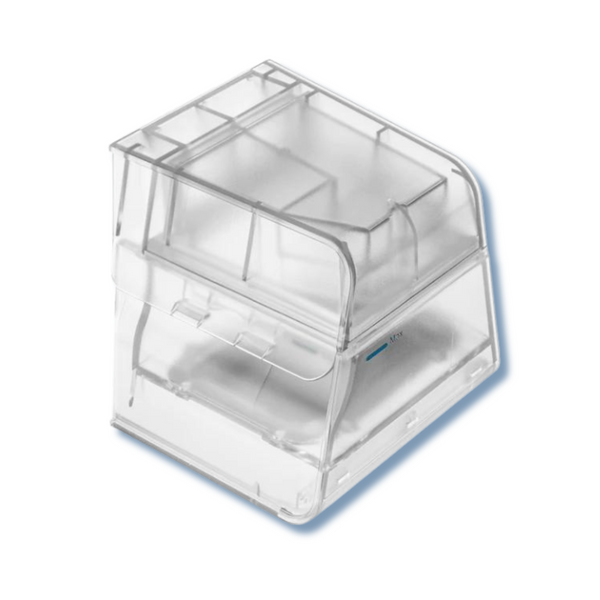


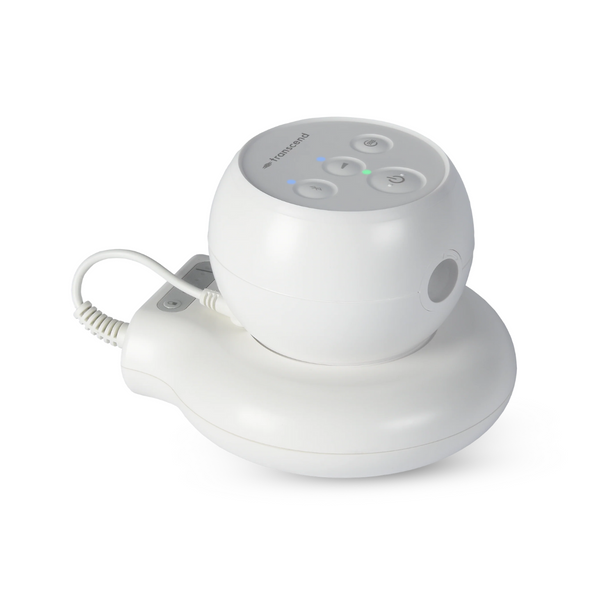

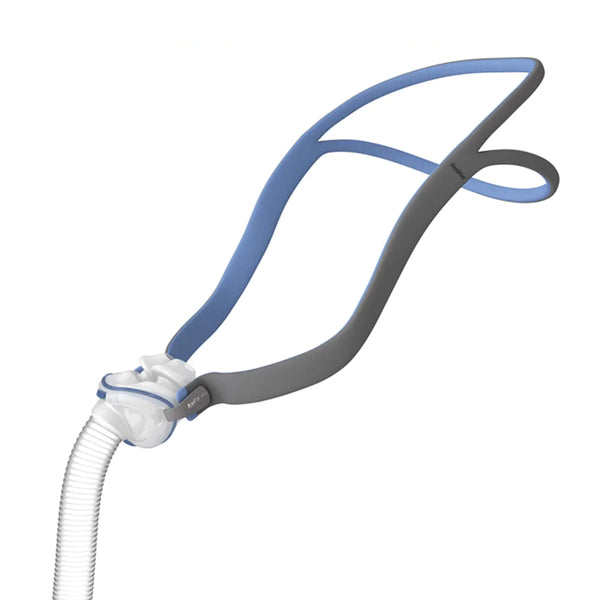
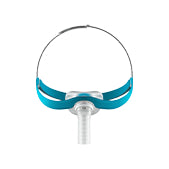
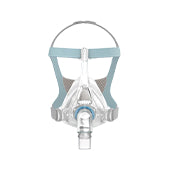


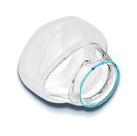
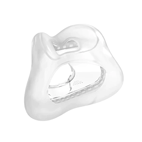
![[subscription]](http://heartstrongsleep.com/cdn/shop/files/Group_30_6a2ee5b7-7d1a-49f1-855d-428a7cb5358f.png?v=1733846466&width=600)
